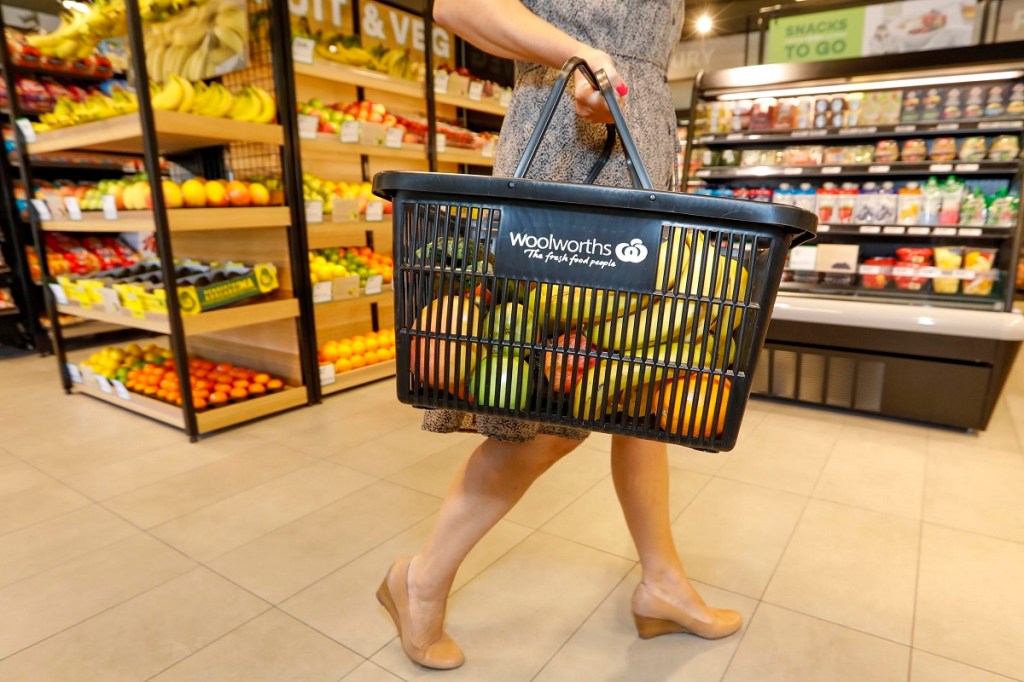A group of Australia’s key food industry associations have joined forces to work constructively with the government to find solutions to Australia’s domestic food security issues.
Forming the Food Industry Alliance (FIA) are Independent Food Distributors Australia (IFDA), The National Farmers Federation (NFF), Australian Meat Industry Council, (AMIC), Master Grocers Australia (MGA), and the Australian Association of Convenience Stores (AACS).
The FIA will represent industries from across the food supply chain, from paddock to plate, to address key issues associated with ensuring reliable and affordable access to food for all Australians during this time of supply chain disruption.
The FIA represents, or supplies food to, more than 156,000 businesses with a combined revenue of $220 billion and employing almost one million people.
Richard Forbes, CEO, IFDA, said: “We need our food supply chains to be firing on all cylinders if we are to ensure food remains on the shelves and available in many of the nation’s food venues without disruption.
“Food security is key in these uncertain times, so we need to work together, across all industry sectors, and with government, to overcome the many significant domestic and global challenges the food supply chain faces.”
The FIA represents organisations across the supply chain from farmers, processors, suppliers, and distributors, through to small to medium retailers. Its aim is to also highlight the national contribution that family and privately-owned independent food businesses make to the Australian economy.
Jos De Bruin, CEO, MGA, says that to fix the current issues within the supply chain, all those operating within it need to be recognised and consulted, not just a select few.
“This includes the massive contribution of independent, family-based food businesses in Australia, who provide billions of tonnes of food annually into the domestic market alone. This includes local grocers and independent retail butchers, independent supermarkets, convenience stores, through to those that supply cafes, restaurants, hotels, and clubs in the $57 billion food service consumer market.
“The FIA also represents those that provide food to institutional facilities such as hospitals, nursing homes, schools, childcare centres, military bases, and prisons.”
Throughout the foodservice industry, 8 billion meals are served to almost 100,000 commercial and institutional venues. And many businesses that supply and distribute food to these venues are also family or privately owned.
Ash Salardini, Acting CEO, National Farmers Federation, said: “Customers rely on a wide supply chain of providers to get their groceries and meals, which includes independents, major supermarkets as well as smaller retailers and hospitality providers.
“Australian farmers need all these pathways to be working effectively so we can get our produce to consumers affordably and reliably.”
Theo Foukkare, CEO, AACS, highlighted the incredible growth within the convenience and service station sector’s foodservice category, which has grown to $1bn in annual sales, a 50 per cent increase in three years.
“This is a clear indication that the significance of supply chain efficiency has rapidly become more critical for community outlets than ever before.”
CEO of AMIC, Patrick Hutchinson says: “We have seen the impact labour shortages have had across the food supply chain, with periods of empty fresh food shelves across Australia. Thankfully, many family and privately-owned retail business, while also impacted, were able to fill that supply gap and help Australia avoid a serious national crisis with food availability.
“These included local butcher and greengrocer stores who have direct supplier relationships, along with convenience stores, petrol stations, cafes and restaurants,” he said.
The FIA looks forward to working constructively with the new Federal Government on a variety of key issues, including:
- The labour shortage crisis, which has meant fruit and vegetables have remained unpicked, meat processing remains under capacity, grocery shelves are slow to be restocked, and restaurants and cafes are forced to operate sub-optimal business hours.
- Solutions to the rising costs within the supply chain, which are significantly impacting food businesses. These include fuel and energy.
- Urgent competition reform policy to protect small to medium enterprises (SME) from unfair and anti-competitive commercial practices.
- Addressing domestic supply chain inefficiencies to ensure Australia is less vulnerable to international forces and that there is better contingency planning during natural disasters and other events, to ensure ‘all’ those in the food supply chain are considered when there is reduced availability of food supplies.
The group says if these issues are not addressed as a matter of priority, then there is increased potential to see food price inflation and more disruptions in terms of availability.

